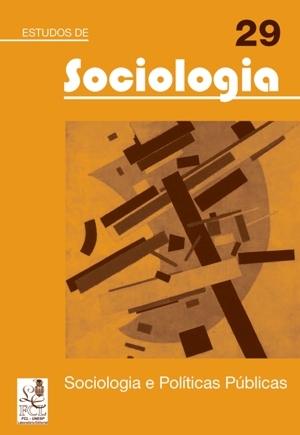Unitary school and secular culture: from the reformers of the Enlightment to Gramsci's utopia
Keywords:
Enlightenment, High culture, Popular culture, Religious education, Secular education, Unitary school, Democracy, Reason, Myth,Abstract
The prominent position attributed by Gramsci to the Enlightenment, among all the innovative cultural movements that contribute to the intellectual and moral improvement of people, constitutes the axis around which we seek in order to construct parallels between his ideas on education and culture and the legacy of Encyclopedists, either in the fi eld of creation of popular literary genres or in the proposition of a modern and democratic school. We focus on the investigation of Gramsci’s writings in order to study the echoes of the projects elaborated by the more progressive wing of the Enlightenment, which constitute of propositions on a universal and free public education in which the theoretical and secular study of natural and political sciences, as well as the introduction to artistic and philosophical culture, aims at the formation of autonomous men and citizens. A similar goal is identifi ed when Gramsci criticizes the changes implemented by the Italian school reform in the 1920s: disruptions between religious education and philosophy, humanist formation and technical capability, and the alteration of the alternative project for a unitary and fully secular school. In opposition to the legitimization of the fascist educational policy by the philosophy of Benedetto Croce, Gramsci develops the ideas initially proposed by the Enlightenment and recognizes the school as one of the spaces for emancipation from all the modern or traditional ways of reducing the intellect to the operative dimension, and also the dimension of dogmatic transmission of truths and unquestionable norms.Downloads
Download data is not yet available.
Downloads
Published
24/09/2010
How to Cite
PIOZZI, P. Unitary school and secular culture: from the reformers of the Enlightment to Gramsci’s utopia. Estudos de Sociologia, Araraquara, v. 15, n. 29, 2010. Disponível em: https://periodicos.fclar.unesp.br/estudos/article/view/2980. Acesso em: 11 jan. 2026.
Issue
Section
Articles
License

À revista Estudos de Sociologia ficam reservados os direitos autorais pertinentes a todos os artigos nela publicados.
Os artigos publicados e as referências citadas na revista Estudos de Sociologia são de inteira responsabilidade de seus autores.
A Estudos de Socilogia utiliza a licença https://creativecommons.org/licenses/by/4.0/ (CC BY), que permite o compartilhamento do artigo com o reconhecimento da autoria.



